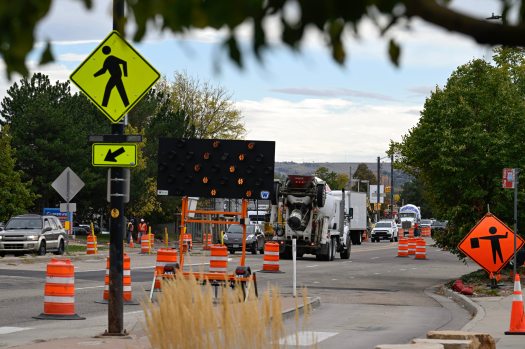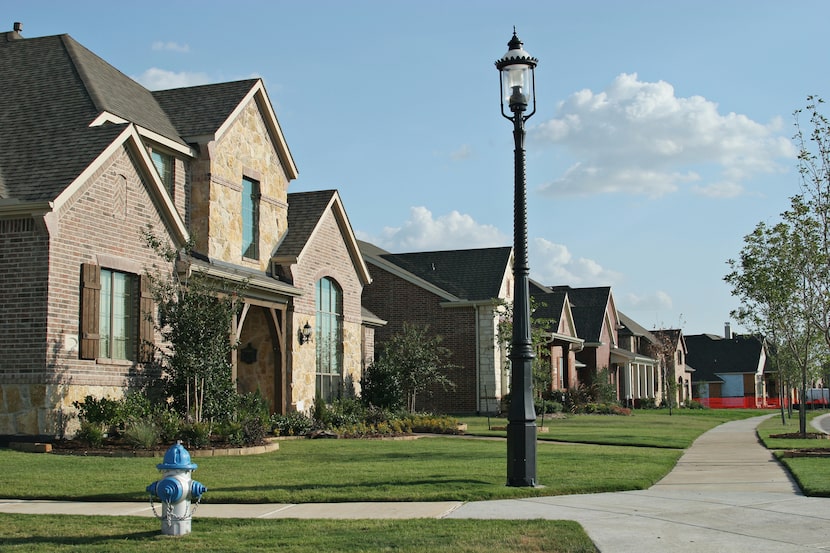UPDATE: The Boulder City Council has just approved a critical transportation management fee aimed at generating $6.2 million for urgent infrastructure projects. In a heated vote on Thursday, the council confirmed the measure 6-3, marking a significant step forward after previous attempts failed.
This newly sanctioned fee will apply to most privately owned properties in Boulder, with the aim of addressing ongoing maintenance and safety needs that have been exacerbated by rising costs. The council members who voted in favor include Ryan Schuchard, Matt Benjamin, Tina Marquis, Nicole Speer, Mayor Pro Tem Lauren Folkerts, and Mayor Aaron Brockett. Dissenting votes came from Mark Wallach, Taishya Adams, and Tara Winer.
As the city grapples with approximately $6.4 million in unfunded maintenance needs, including $4.2 million for pavement and street safety management, the council’s move is seen as a necessary measure to secure funding. However, the proposal has drawn backlash from business leaders and residents who are concerned about the financial burden during an ongoing recovery from the COVID-19 pandemic.
“To say to them, ‘Come to a public hearing, we’re going to discuss how you get your bills’ is not really what they had in mind,” Wallach stated, emphasizing the need for more community engagement.
Residential property owners will face an annual fee of $54 for single-family homes and $42 for multi-family residences, while non-residential properties, such as hospitals and private schools, will incur fees ranging from $11 to $160 per 1,000 square feet based on their land use category. Notably, both the Boulder Valley School District and the University of Colorado Boulder are currently exempt but may negotiate a separate agreement to contribute to the fund.
The council’s decision comes after a failed motion to postpone the ordinance until next year, which would have allowed for additional outreach efforts. Advocates for the delay voiced concerns about the sufficiency of the engagement process and the potential impact on affordable housing. Councilmember Adams, reflecting on the renters’ plight, cautioned against increasing lease prices as a consequence of the new fee.
“I need us to think about the people. All for maintenance, I’m all for it, but I have just some general concerns about the timing of it,” Adams remarked.
With a final reading still required, the ordinance appears poised to pass, despite the contentious debates surrounding it. The Boulder Chamber of Commerce has also expressed resistance, urging the council to consider the economic realities facing local businesses.
As Boulder prepares for this substantial policy shift, all eyes will be on how the fee will be implemented and its long-term effects on the community. Council members are expected to continue discussions and address concerns in the coming weeks.
Stay tuned for more updates as this developing story unfolds.






